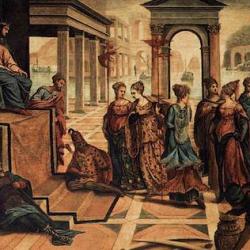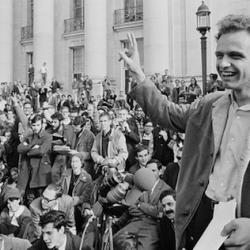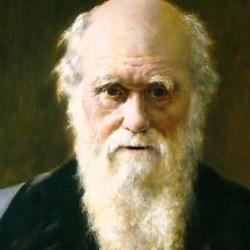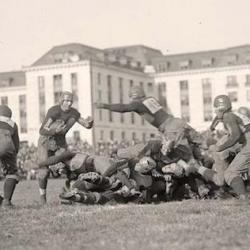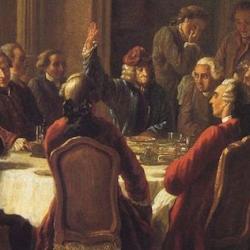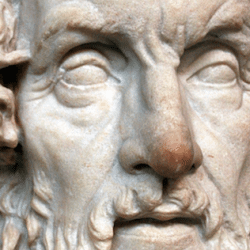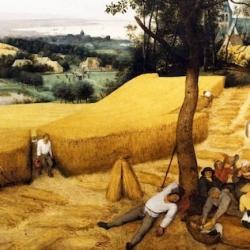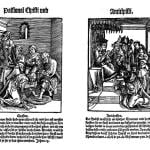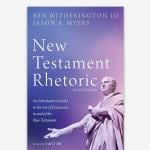INTRODUCTION This passage is part of the opening preamble and prologue of Proverbs (Waltke’s terms). It divides neatly into two sections: The first, verses 1-7, describe the purpose of the Proverbs as a whole, and function as an introduction to the entire book; verses 8-19 are an opening “lecture” from a father to his son. THE PURPOSE OF PROVERBS The purpose of Proverbs is described in many different ways in these few opening verses. The Proverbs are for “knowledge,” “discernment,”... Read more

